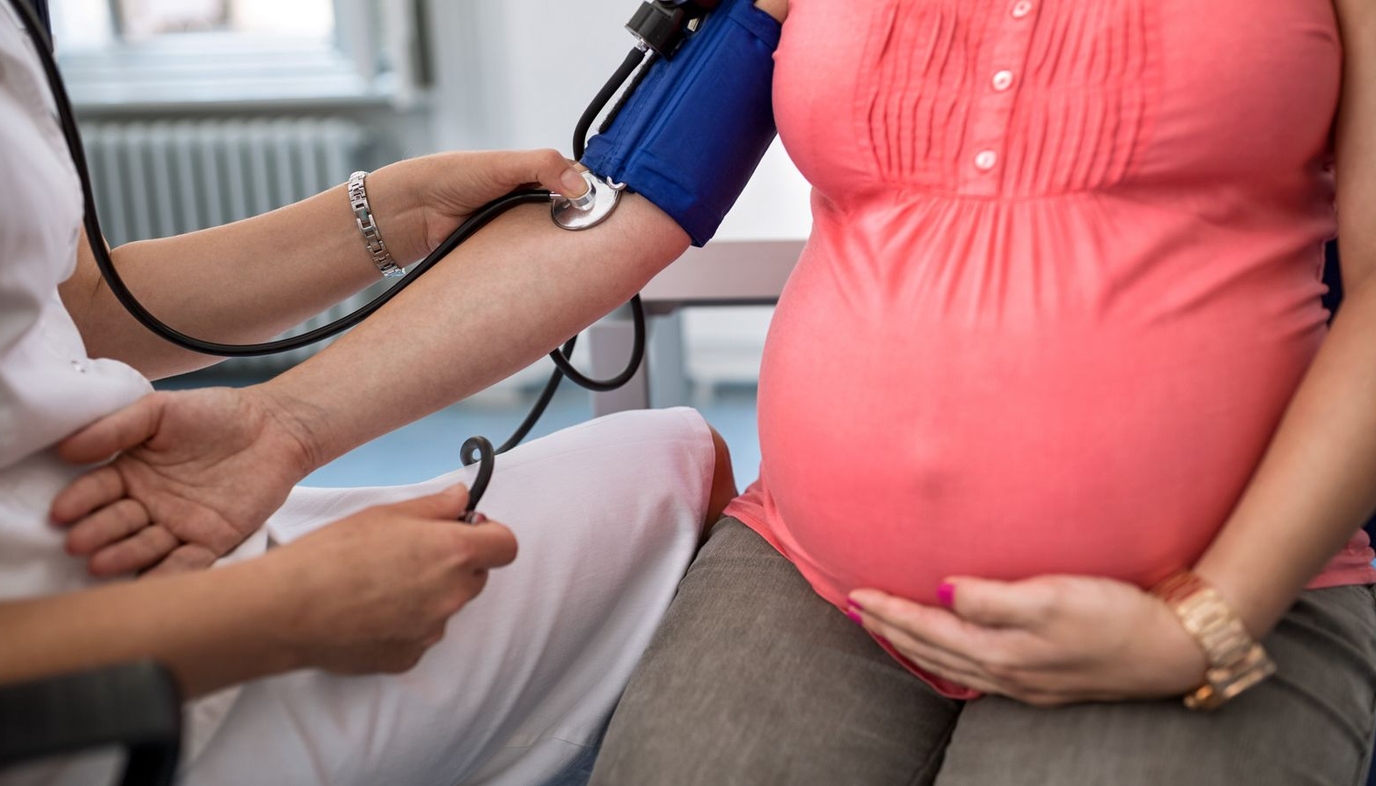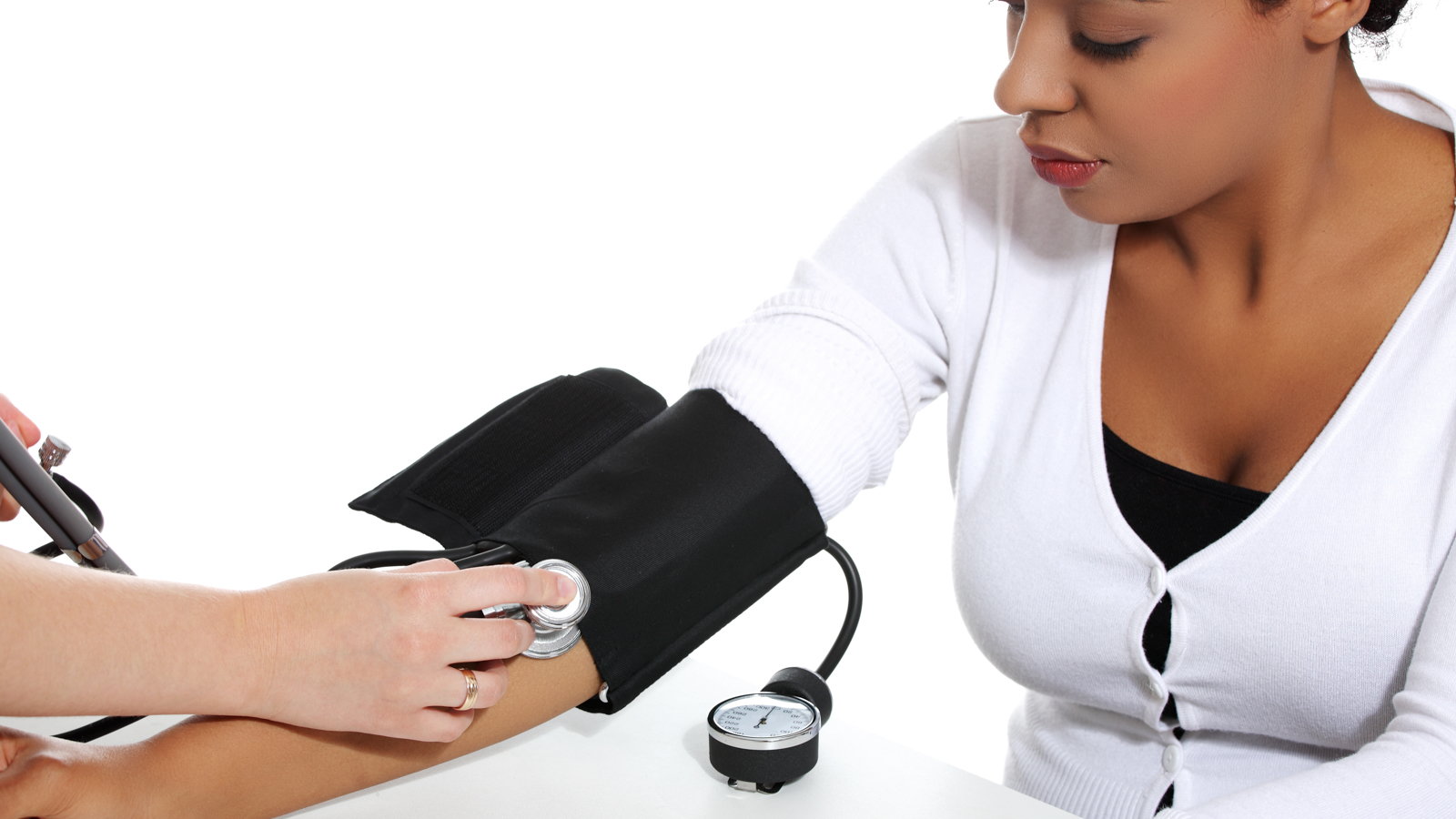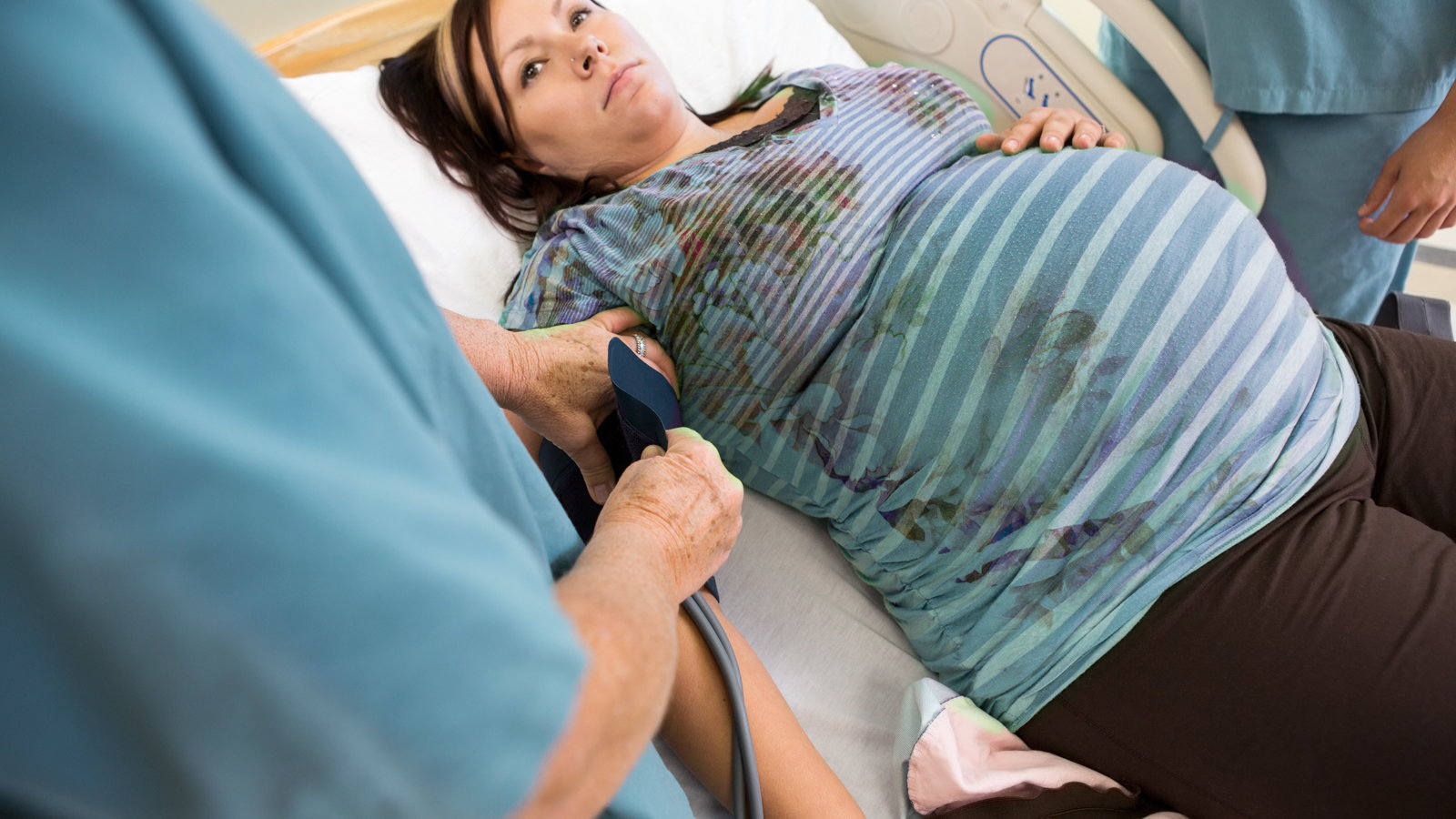
When you are pregnant, it is a joyful time for you and your family, and it is not a time when you necessarily want to think about pregnancy complications. But high blood pressure during pregnancy is one of those issues that you must take seriously and monitor carefully. If you are diagnosed with high blood pressure while you are pregnant, and if it gets out of control, it can create an extremely dangerous situation for both you and your baby.
Understanding Blood Pressure
Your blood pressure refers to the amount of pressure that your blood exerts on your artery walls. Your blood pressure is high if you have a reading that is greater than 140 mm Hg for the top (systolic) number or greater than 90 mm Hg for the bottom (diastolic) number. High blood pressure can cause all sorts of health complications, including heart disease, stroke, or kidney disease. But one of the biggest concerns about high blood pressure during pregnancy is that it can lead to preeclampsia, a potentially life-threatening condition for mother and baby.

According to the National Institutes of Health, approximately 6 to 8 percent of pregnant women have problems with high blood pressure. You are more susceptible to high blood pressure during pregnancy if you had hypertension problems in the past, if you are a smoker or heavy drinker, if you are overweight, if you are younger than 20 or older than 40, or if you are carrying multiples. Generally, there are two different kinds of high blood pressure issues in pregnancy: chronic hypertension, which is when a woman has been diagnosed with high blood pressure before her pregnancy; and gestational hypertension and preeclampsia, which develop after the 20th week of pregnancy.
Those women who had high blood pressure problems before pregnancy will be monitored closely throughout their pregnancies, and in some cases will continue taking medicine to keep their blood pressure under control. For all other pregnancies, doctors routinely check for increases in blood pressure and/or protein levels in a woman’s urine, which can both be warning signs related to gestational hypertension and preeclampsia. If a woman develops high blood pressure past her 20th week, her doctor will watch carefully for additional symptoms such as increased swelling in the hands and feet, blurred vision, headaches, and lower back or abdominal pain.
If you develop a mild case of preeclampsia, your doctor may prescribe bed rest or possibly a hospital stay to monitor you and keep your activity levels down. If your preeclampsia is severe, the doctor may induce labor and need to deliver the baby (which is why preeclampsia increases the risk of prematurity and associated complications). The most severe manifestations of preeclampsia include eclampsia, in which the pregnant woman has seizures, and HELLP (hemolysis, elevated liver enzymes, and low platelet count) syndrome, which causes blood and liver problems. In those cases, the baby would be delivered as soon as possible to protect the mother and the baby.
Managing High Blood Pressure
The best way to keep your blood pressure in check is to follow preconception and prenatal health guidelines carefully. Before you become pregnant, you should do your best to get your blood pressure and weight under control, limit your salt intake, and quit smoking or excessive drinking. If you are taking medication for high blood pressure, you should work with your doctor to determine if you should keep taking it while you are pregnant. Once you are pregnant, you should follow a healthy prenatal diet and exercise guidelines, continue to avoid alcohol and tobacco, and go in for regular prenatal checkups.
High blood pressure doesn’t have to cloud your excitement about your pregnancy; in fact, most women who suffer from high blood pressure go through their pregnancies without a hitch. But – as with all other issues in pregnancy – you must make a commitment to taking care of yourself and your baby. When you stay healthy, you will feel better and you will be able to give your new little one a better start in life.

